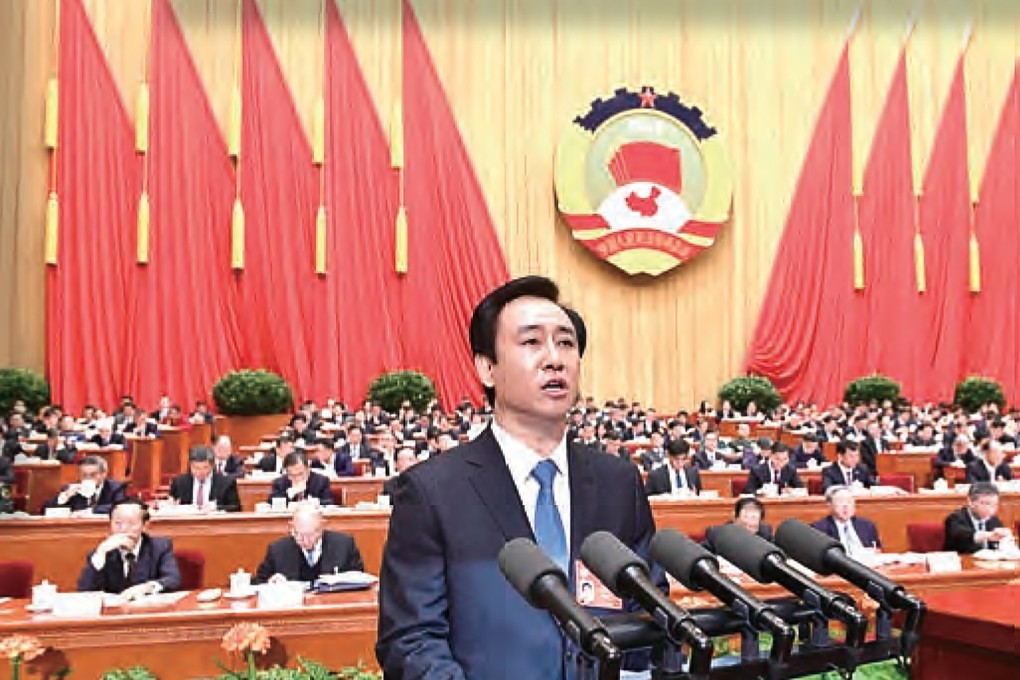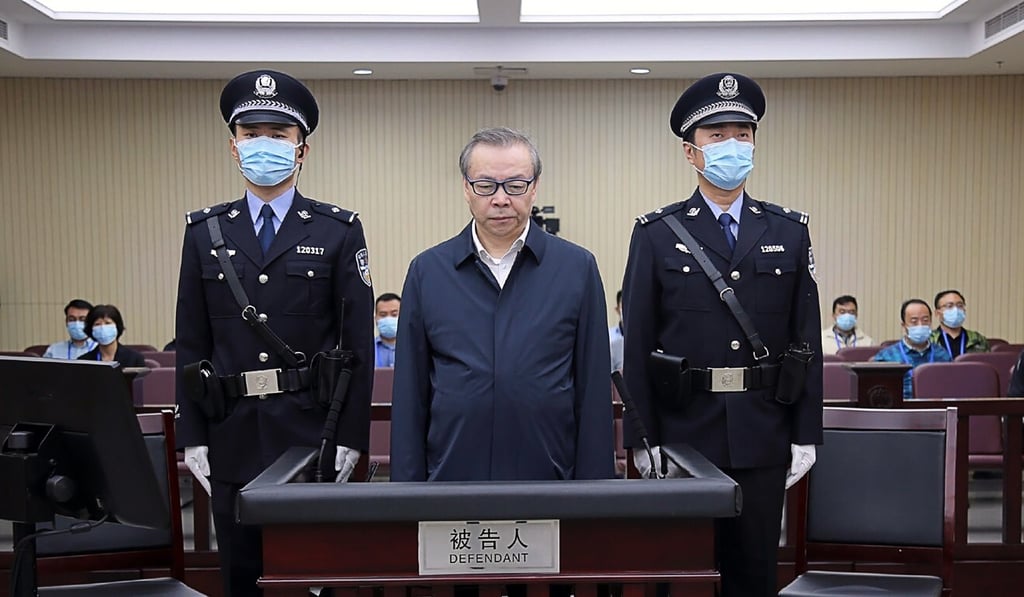My Take | Beijing has brutal but effective way to deal with moral hazard
- In the United States, policymakers no longer fret about the moral problem of corporate irresponsibility and unaccountability; they now inadvertently encourage them

Last week, Chinese police detained HNA’s founder and former chairman Chen Feng, and former chief executive Adam Tan Xiangdong. This followed a top-to-bottom restructuring of the conglomerate after bankruptcy proceedings.
In 2018, former Anbang chairman Wu Xiaohui was jailed for 18 years for fraud and embezzlement after the insurance giant was restructured and renamed Dajia.
But no recent corporate punishment quite matches that of Lai Xiaomin, the former chairman of Huarong Asset Management, at the start of this year. The country’s largest bad-debt manager eventually received a state bailout, but Lai was sentenced to death for bribery amounting to US$277 million over 10 years.
It came at a time when China had been trying to disassociate capital punishment from corporate crimes.

Given such recent developments, Evergrande founder and chairman Hui Ka-yan must feel like being hung on tenterhooks, now that the giant developer’s debt crisis has roiled global markets and kept Beijing on its toes.
